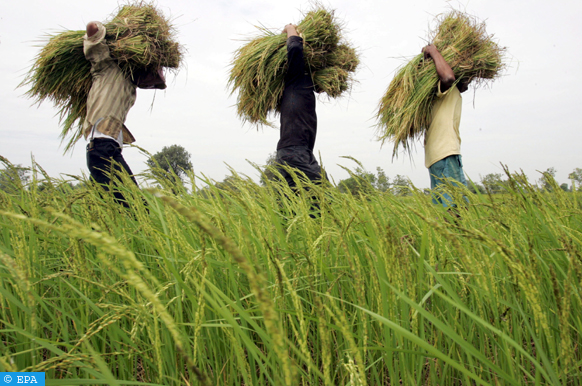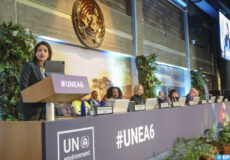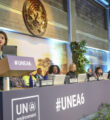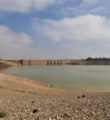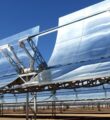FAO Deplores Degradation of Land and Water Resources
Rome – The world’s land and water resources are sharply deteriorating as a result of human activities, to the point that some systems are “on the verge of collapse,” the UN Food and Agriculture Organization (FAO) warned on Thursday.
“The situation has deteriorated significantly over the past decade” since the organization’s first report on the topic was published in 2011, notes FAO Director-General Qu Dongyu in the preface to a report on “The State of the World’s Land and Water Resources for Food and Agriculture.”
“Pressures on ecosystems have greatly intensified and many are now under critical stress,” Qu said. Due to rapid urbanization and a growing world population, demand for food has increased, a trend that is expected to continue in the coming decades.
However, “all indicators show that growth in agricultural production is slowing down, production capacity is being rapidly depleted and environmental damage is increasing,” the report said.
The FAO estimates that by 2050, agriculture will need to increase the level of food, fiber and agrofuel production by almost 50% compared to 2012, to meet global demand, staying “on track” for the “zero hunger” goal set by the UN for 2030.
The number of undernourished people has begun to rise again, from 604 million in 2014 to 768 million in 2020. Globally, “meeting the nutritional needs of 9.7 billion people by 2050 is within the realm of possibility,” the FAO estimated.
“But at the local level, there is concern that problems with production and consumption patterns will worsen, leading to increasing levels of undernourishment and obesity in an increasingly large and mobile population.”
Human-induced land degradation, water scarcity and climate change are increasing the levels of risk to agricultural production “in places where economic growth is most needed,” the report said.



